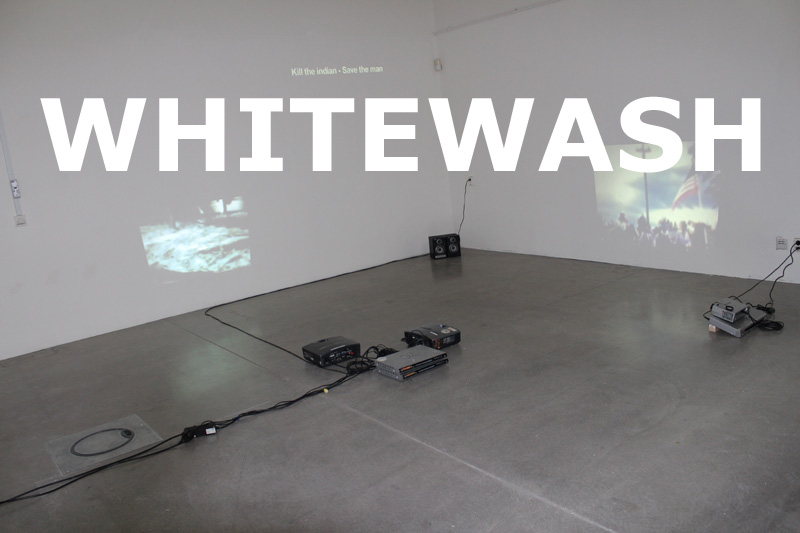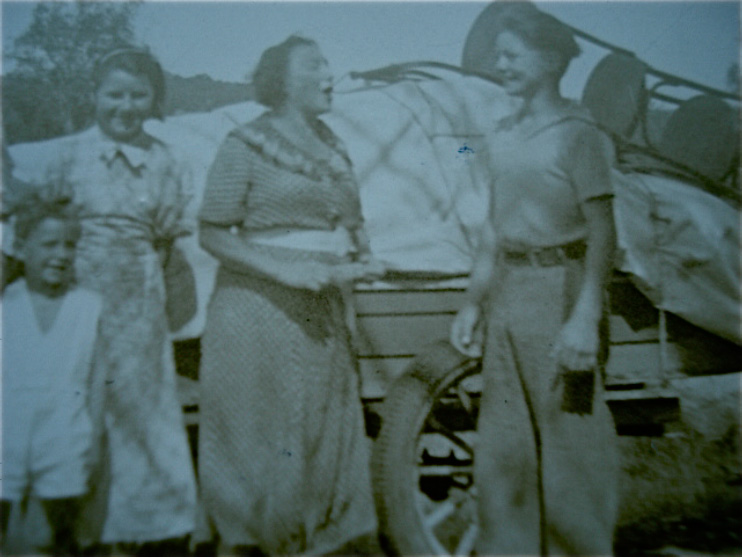 Jag har utgått ifrån att berätta min familjs historia i Kanada. Det är berättelsen om urbaniserade ”Anishnaabeg” eller”Ojibwe” Det är berättelsen utifrån min familjs historia min bakgrund som jag delgavs först 2010. Mina förfäder har sina rötter i Ojibwe folket First Nation People, Kanada: för bara 150 år sedan. Ett folk som efter tusentals år levt i ett jägar- och samlarsamhällen och tvingades till en genomgående förändring i sitt levnadsmönster och anpassas till en västerländsk dominerande urban kultur dess sätt att leva.
Jag har utgått ifrån att berätta min familjs historia i Kanada. Det är berättelsen om urbaniserade ”Anishnaabeg” eller”Ojibwe” Det är berättelsen utifrån min familjs historia min bakgrund som jag delgavs först 2010. Mina förfäder har sina rötter i Ojibwe folket First Nation People, Kanada: för bara 150 år sedan. Ett folk som efter tusentals år levt i ett jägar- och samlarsamhällen och tvingades till en genomgående förändring i sitt levnadsmönster och anpassas till en västerländsk dominerande urban kultur dess sätt att leva.

Projektet [WHITEWASH] är ett undersökande av hur konstruktion av identitet formas och påverkas av [whitewash], postkolonialism och rasism i dagens samhälle. Jag utgår från ett inifrån-perspektiv (ursprungsbefolkningens i Kanada) och undersöker de rådande strukturerna. Jag ställer frågan: Vilken påverkan har postkoloniala strukturer på förnekande av härkomst och bakgrund?
Med stöd av Konstnärsnämnden, IASPIS, Längmanska stipendiefond, Axel Johnson stiftelse
[WHITEWASH] - to transform "the other" to one's own image -
(A process or outcome or action, where a new lifestyle – including language, culture, religion, etc – is forced upon a minority people
by the majority population)
The [WHITEWASH] project is an exploration of how the construction of identity is shaped and influenced by [whitewash], post-colonialism and racism in society today. I assume an insider perspective (of the indigenous peoples of Canada) and examine the structures in the process. What influence do postcolonial structures of denial of ancestry and background have?
With support of Konstnärsnämnden, IASPIS, Längmanska stipendiefond, Axel Johnson stiftelse
| Interview with Scots Graham, Kingston Canada |
[WHITEWASH] - to transform "the other" to one's own image - (A process or outcome or action, where a new lifestyle – including language, culture, religion, etc – is forced upon a minority people The [WHITEWASH] project is an exploration of how the construction of identity is shaped and influenced by [whitewash], post-colonialism and racism in society today. I assume an insider perspective (of the indigenous peoples of Canada) and examine the structures in the process. What influence do postcolonial structures of denial of ancestry and background have? Thanks to Scots Graham, Fitz James Graham and Linda Empringham. With support of Konstnärsnämnden, IASPIS, Längmanska stipendiefond, Axel Johnson stiftelse |
